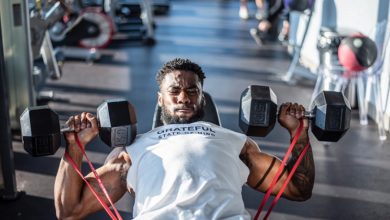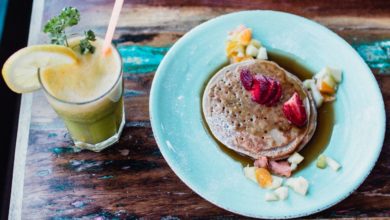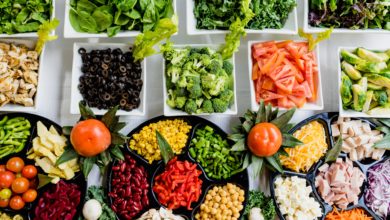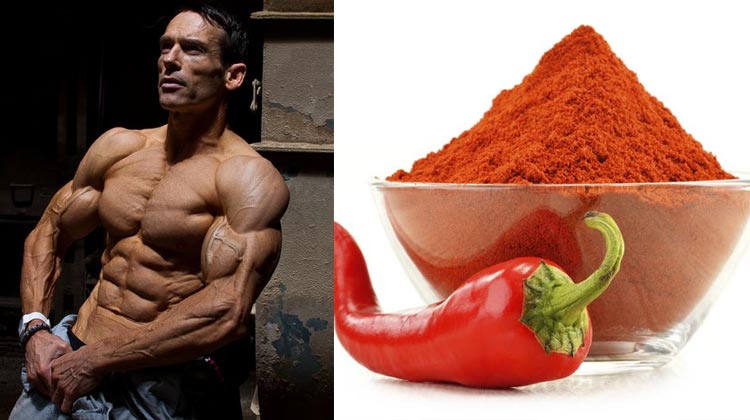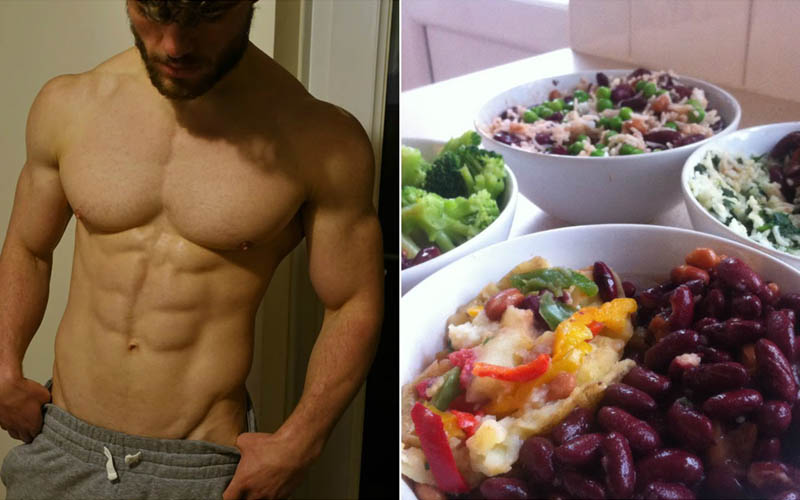
You’ve probably searched for nutritional plans online before. And in these nutritional plans, you’d see that the number of meals that you have to eat during the day come out to around 5 or 6.
And there will be some ‘health’ jargon about how eating that many meals a day will keep your metabolism primed and ready for action and that you’ll constantly be in an anabolic state, making gains as you loaf around.
Don’t believe everything you read on the internet.
Metabolic Myth
Your metabolic rate isn’t dependent on the number of meals that you dog down during the day. If this was true, then the 500-pounder who stuffs his face every other minute with something that supposedly contains any form of nutrients should be ripped to bits.
But seeing how he is still stuck on his couch with a catheter stuck in his willis due to not being able to move, I’d say that meal quantity does not define metabolic speed or capacity.
With all that being said, eating 6 meals a day will not increase your metabolic rate nor will it keep you in a state of anabolism.
That’s an oldwives tale.
3 Meals A Day vs 5+ Meals A Day
As we’ve already discussed above, eating more meals does not have the effect of improving your metabolic rate. While on that note, the opposite is incorrect as well. Eating fewer meals, like 3 meals a day, does not negatively impact your metabolic output.
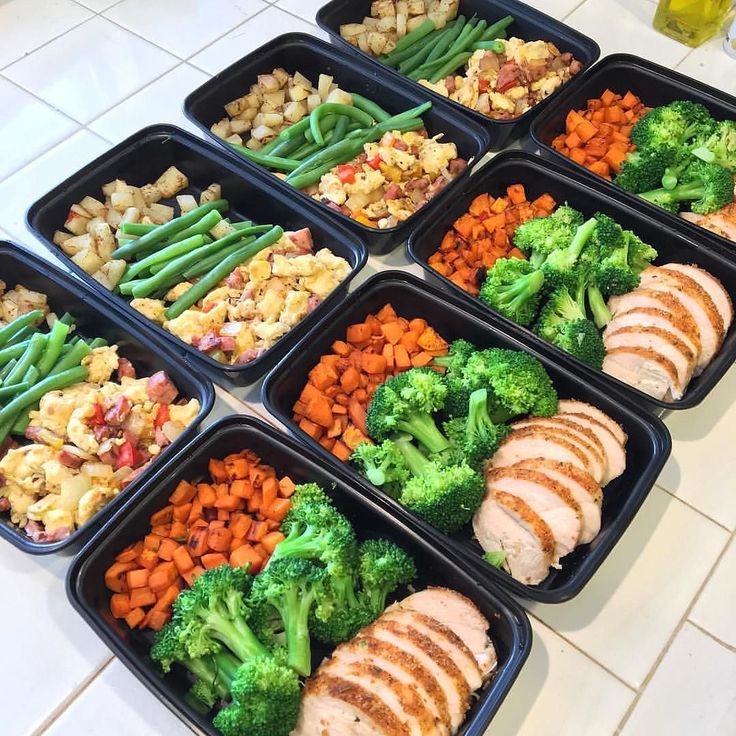
What does have an effect on your metabolic rate is the number of calories you consume during the course of your day.
The human body was designed to adapt to all kinds of environmental conditions.
The less food you eat, the slow your metabolism drops. The more food you eat, the higher your metabolic output rises. And no, I’m not contradicting myself – I’ll explain below.
Calories In vs Calories Out
Now we’re going to talk about the number of calories that you consume during your day.
I’ll break it down for you to show you why eating more meals a day won’t improve your metabolic output.
If your maintenance calories are around 2,500 a day and you consume 6 meals a day, each meal would be around 416 calories (if split evenly).
If you consume only 3 meals a day, your calorie count for each meal would be around 833 (again, if split evenly).
Even though the calorie count for the two different approaches may differ, at the end of the day, you’re still hitting your caloric target and your body stays happy and fed.
Meal Timing
The only issue that I personally would have with eating 3 meals a day, would be when it comes to training.
When it comes to making gains, I like to schedule my meals around the time I spend in the gym working out. For example, I’ll eat a protein-rich, fat-rich meal an hour-and-a-half before I hit the gym, and then 30-minutes-to-an-hour after training, I’ll have a carb-rich meal.
If I were to eat 3 meals a day, my meal timing for training would be off, unless…
Scheduling Meals Around Training
Here’s the thing, I don’t count protein shakes as meals. If I did, I’d be eating far more than I’d like.
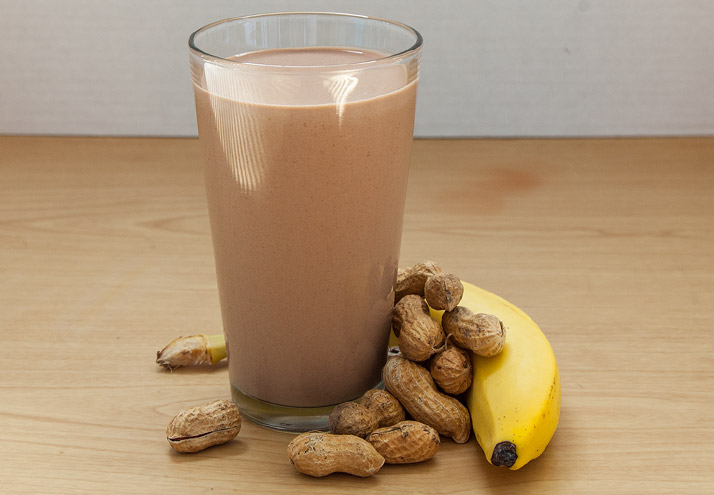
So, if you were to follow a meal plan where you only eat three times a week, using protein shakes around gym time can be handy. However, eating solid food after your workout may be more beneficial to your gains than just consuming a protein shake.
Having a protein shake and hour or so before training can also help you to prepare your body for your workout session.
Meal timing and training can be a little tricky, especially if you’re only eating 3 meals a day.
If I were to eat 3 meals a day, here’s how I would schedule my eating:
- Morning – Breakfast
- Afternoon – Light lunch
- Pre-workout – Protein shake (30-40g protein)
- Post-workout – Protein shake w/ dextrose (30g protein, 30g dextrose)
- Evening – Dinner/post-workout meal
You could use the same template or just mix and match to suit your time in the gym.
The reason why I would have a light lunch is so that I can add those extra calories to my post-workout meal.
What’s Best for You?
This isn’t something that I can answer for you or say that this is what you should do because of that.
At the end of the day, your personal preference should ultimately be what your decisions are based off.
However, I will provide some input. When deciding on how many meals a day you should be eating, you should look at the way it impacts your life.
If you eat more than 5 meals a day, how will that allow you to enjoy your social life and spend time with your family and friends without worrying about when you should eat again? At the same time, do you enjoy eating that many times a day?
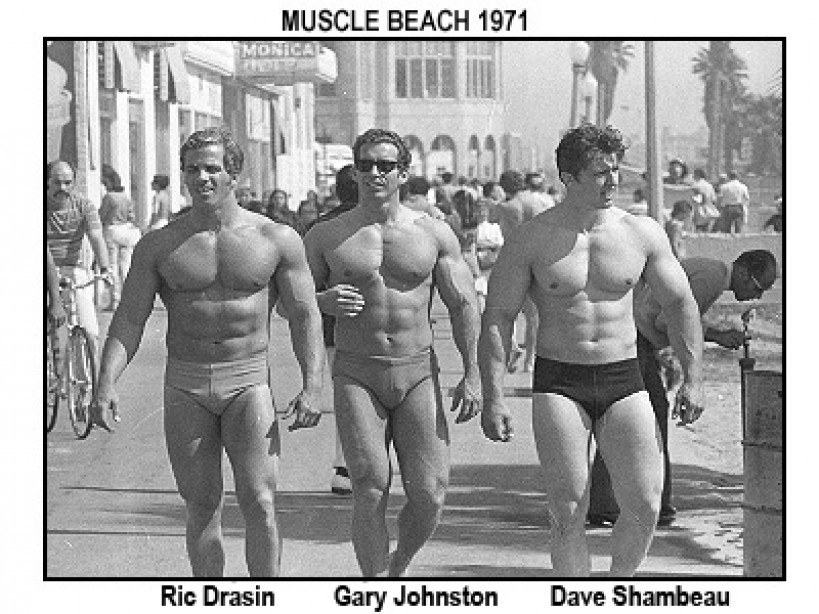
When eating 3 meals a day, you should think about whether that will be enough to keep you satiated enough between each meal. Eating 3 meals might also allow you to free up some time that could be better spent elsewhere.
It could also relieve you of the stress of thinking about when your next meal is.
Conclusion
I’ll say it again, the number of meals that you eat during the course of your day should be dependent on your own personal preference and your daily schedule.
If you can survive the day by eating 3 meals, then by all mean, go for it.
If you’re a fan of the traditional “clean eating” system that’s been followed by thousands of bodybuilders throughout the year, then follow that route.
Either approach to meal frequency has its own set of give and take’s. There will never be a copy-paste nutritional plan that will allow for optimal performance and results for every single person who decides to hop on that wagon.
If you’re not sure of what will work the best for you, play around with it. Try eating 3 meals a day and see how that works for you. If it doesn’t, revert back to what you used to do.
The decision is yours to make.


